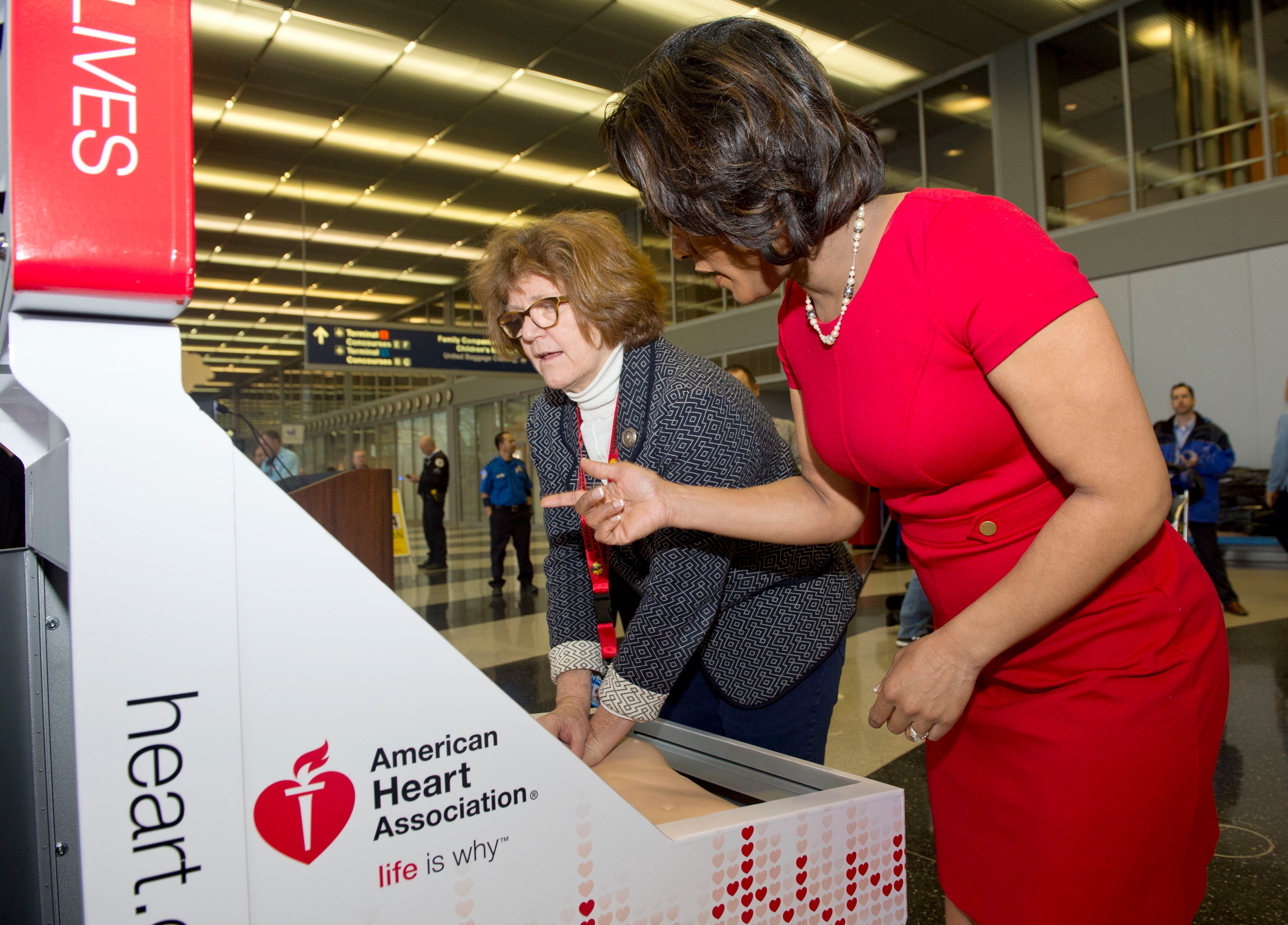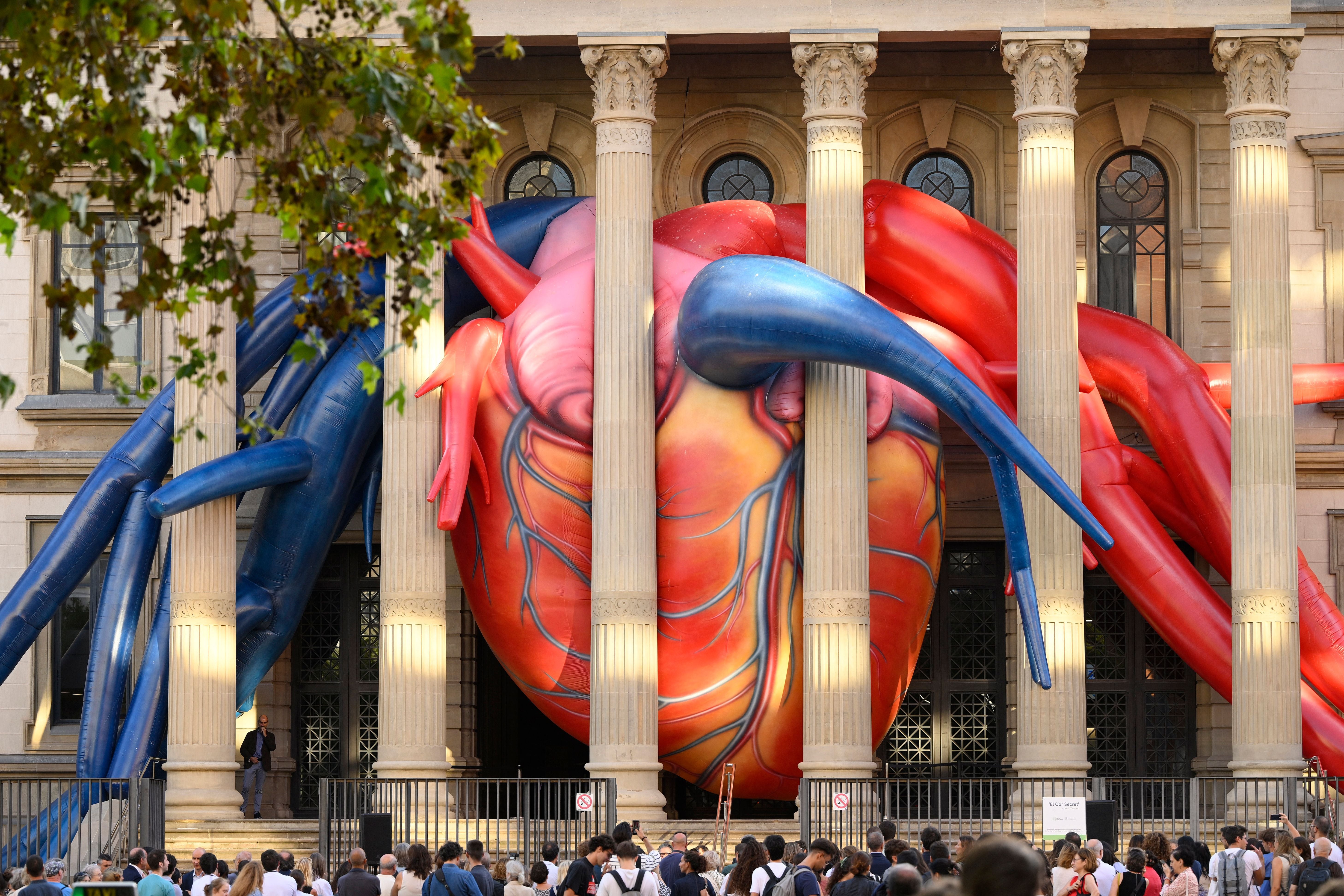The number of heart attack deaths has plummeted in the U.S. over the course of the last half-century.
Doctors have tied the remarkable shift to improved detection and more effective treatment for cardiac events.
But, researchers have also found an increase in deaths from heart disease and other conditions that trigger these attacks and more than 800,000 Americans still have a heart attack every year.
Most people recognize chest pain as a sign of a heart attack, but there are five symptoms you may not be aware of. Knowing what they are could save your life – especially during a heart attack you don’t know is happening.
“It’s not necessarily that there were no symptoms; it may just be that the patient didn’t recognize them as heart symptoms and wasn’t concerned,” Dr. Eduardo Marbán, executive director of the Smidt Heart Institute at Cedars-Sinai, told AARP.org.

Fatigue
Some 3.3 million Americans struggle with chronic fatigue syndrome. It can have many causes, such as sleep deprivation and anemia.
But fatigue is also a sign of a heart attack if it’s new and constant. Or it may even signal coronary artery disease and heart failure.
Blood flow to the heart, which is decreased due to blockages, can make you tired.
“You start to show other signs of heart failure like feet or leg swelling or increased fluid retention in the belly and real significant shortness of breath,” Dr. Angela Brittsan, a cardiologist at Franciscan Physician Network Indiana Heart Physicians Indianapolis, said.
Nausea and indigestion
Nausea or indigestion can be symptoms of many conditions, but women in particular often report feeling this way before a heart attack.
One patient told Goshen Health she thought she had food poisoning.
“I felt my heart flutter, but that was all,” she said. “No chest burning – zero symptoms that people think about with a heart attack.”

Jaw and neck pain
While chest pain is the most common sign you’re having a heart attack, pain from the blockage of blood to the heart is not always felt in the chest.
“Sometimes it is felt in the shoulders, arms, back, jaw, or abdomen,” Harvard Medical School explains. “Particularly when pain in these locations occurs with exercise and disappears with rest, the pain could well be a sign of heart disease.”
Sweating
A brief and sudden cold sweat could warn that a heart attack is looming.
This sweat occurs because the body is in distress and the nervous system is responding to the lack of blood reaching your tissues, according to Baylor Scott & White Health.
Shortness of breath
Shortness of breath may mean you’re out of shape. Or, it could be an indicator that your heart is having trouble.
This can happen when the heart is unable to pump enough blood.
“If you climb up five flights of stairs, I expect you to be short of breath. But if you go up 10 stairs and you’re short of breath, that may indicate a heart problem,” Dr. Randall Zusman, a cardiologist with Harvard-affiliated Massachusetts General Hospital, told Harvard Medical School.


